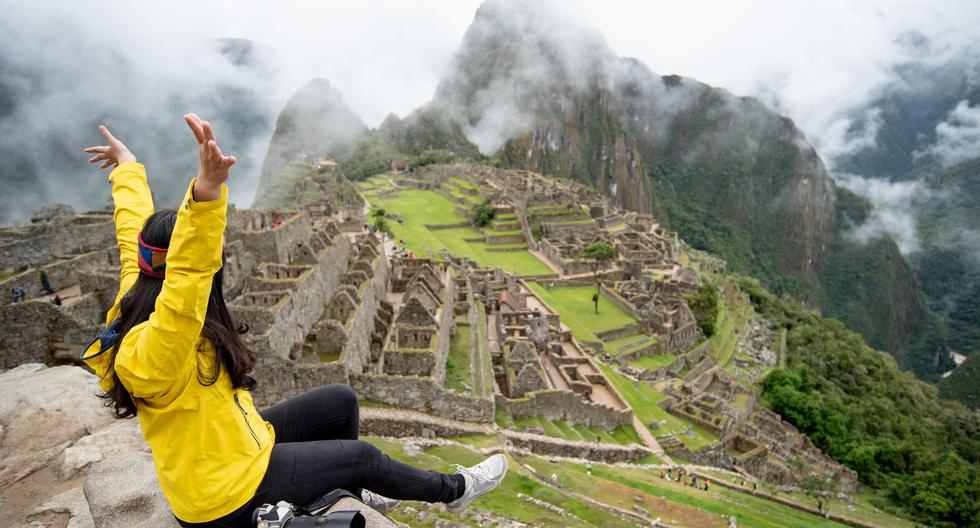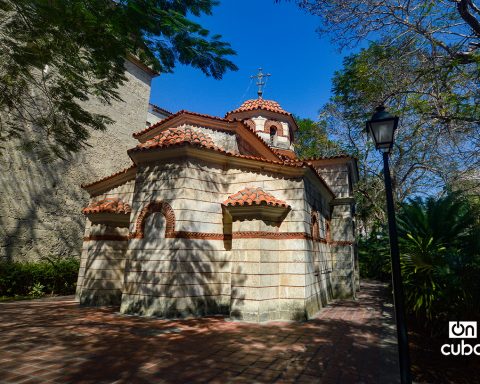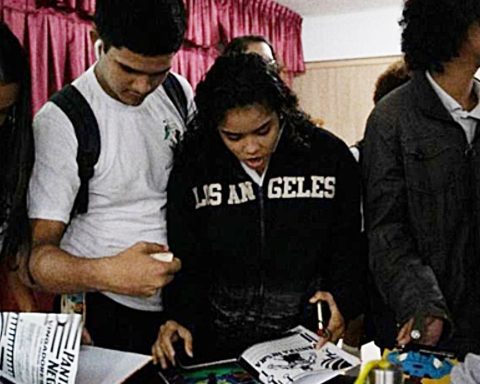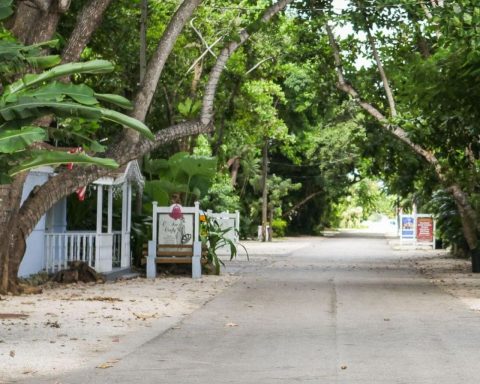Machu Picchu is the jewel of Inca architecture, a wonder that, thanks to the good manufacturing of its builders, has been able to survive until now, but that can be really affected if beards are not soaked and a stop is put to some bad uses and customs that visitors would carry out in the place.
SEE ALSO: Machu Picchu will be the headquarters of the Association of Tourist Municipalities of Peru
This was explained to Mail by the Minister of Culture, Alejandro Salas, who made an inspection visit to the historic sanctuary, seeing closely the way how the archaeological monument is affected due to the passage of time and people.
“We have toured Machu Picchu and we have seen the risks it runs due to the load to which it is subjected, we have to find a balance that allows us to preserve the archaeological center against the wear of the rocks product of the tourists who enter and that we must be aware of what the treatment should be and the use that has to be given to the sanctuary”, he pointed.
He mentioned that everything has to do with a theme of education by those who arrive at the world wondersince some tourists, when touring the ancient Inca city, lean on the walls, place their hands and even their feet in places that do not correspond, generating uncontrollable erosion in the stone leinzos.
“You have to go through Machu Picchu with the motto: look and don’t touch. There is a natural wear and tear due to time, but added to that is the wear and tear of touching, leaning, sitting, leaning, putting your feet on the walls, and this multiplied by thousands or millions generates a real impact”, narrowed down
It was learned that one of the conclusions of this unexpected visit is that a larger budget is needed for the maintenance of the sanctuary and it is necessary to generate additional items, for its integral conservation. All this must be raised to the Council of Ministers through a report to be presented by the head of Culture.
FACT:
– Minister Alejandro Salinas plans to visit the Sacred Valley of the Incas and Sacsayhuamán, where there are multiple complaints for clandestine constructions and out of context.


















